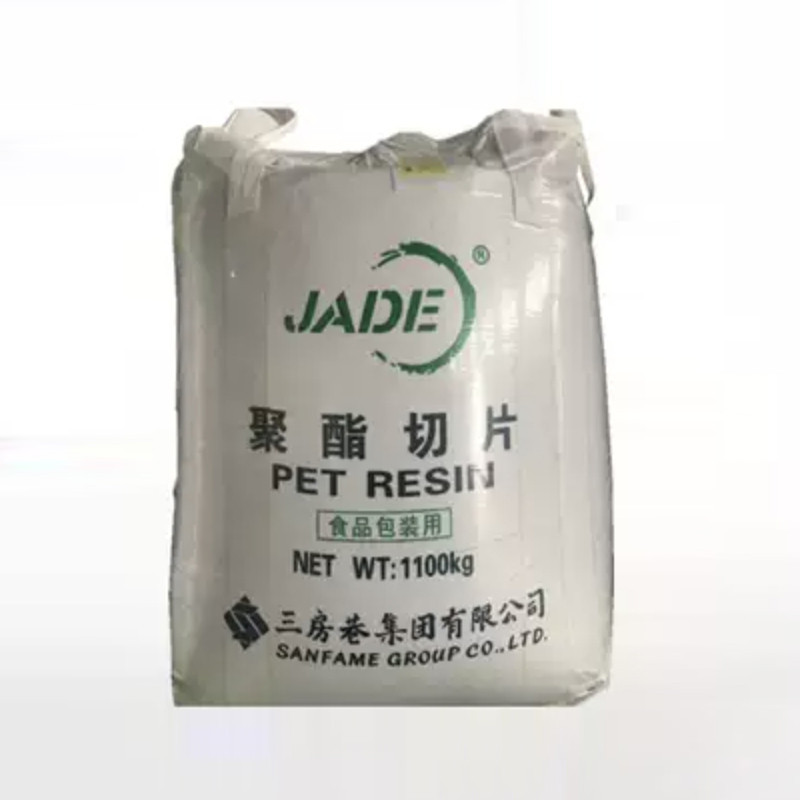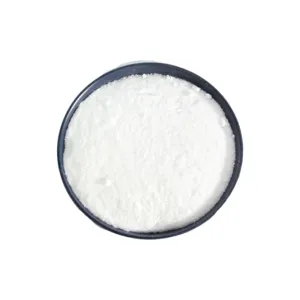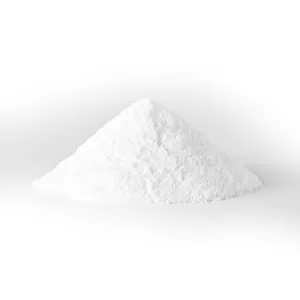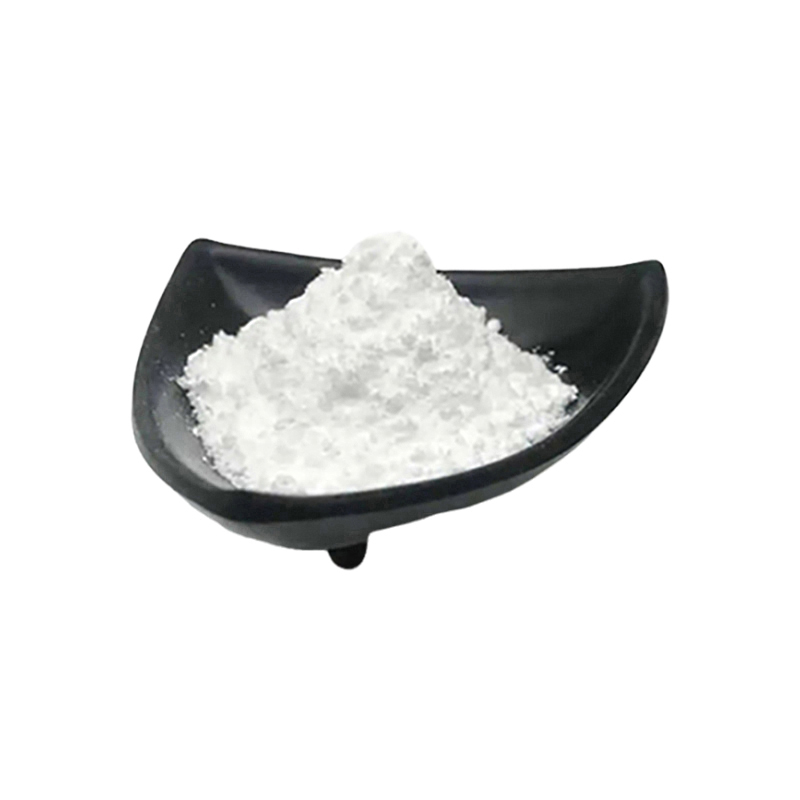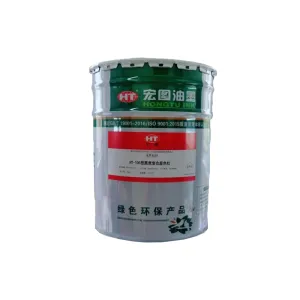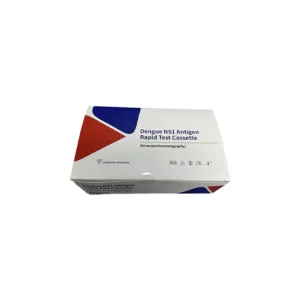Baoji Titanium Industry Research Institute
197
May 28, 2024, 3:58 PM
Medical titanium alloy, as a new alloy and carrier material, has shown wide application prospects in the medical field. With its excellent corrosion resistance, high strength, low elastic modulus, fatigue resistance and excellent biocompatibility, it has become an ideal choice in many fields such as limb implantation, alternative functional materials, dentistry, and medical devices.
The application of titanium alloys in the medical field benefits from their unique biocompatibility, which is unmatched by other metals. However, its wear resistance and process properties still need to be improved, so related research and development work has been ongoing.
With the vigorous development of the national economy, the demand for medical titanium alloys in the medical field continues to grow. Its excellent biological and mechanical properties make it have broad application prospects in the medical field. However, compared with developed countries, China still has certain gaps in the research and development and application of titanium alloy materials, such as high elastic modulus, poor surface activity, insufficient wear resistance and corrosion resistance. In order to solve these problems, China should increase research and development efforts, focus on innovation, and develop new titanium alloys with better comprehensive properties to meet the growing demand in the medical field.
The application of medical titanium alloys in medical devices is particularly prominent. As a third-generation surgical instrument, medical titanium alloy instruments are lightweight, good corrosion resistance, non-toxic, and moderate elasticity, making them more suitable for fine microsurgery. At the same time, medical titanium alloys have weak reflective properties and are more suitable for operation under shadowless lights. There are many types of medical titanium alloy medical devices, including scalpel, forceps, thoracic expander, suture needle, suture line, etc. Among them, medical titanium wire, as a surgical suture, has the advantages of small tissue reaction and good torsion resistance, and can effectively promote wound healing.
In addition, the application of medical titanium alloys in the field of artificial joint materials has also attracted much attention. Because the elastic modulus of titanium alloy is closer to that of human bones, it is widely used in the correction of ankle joints, elbow joints, etc. Porous titanium alloy materials are biologically active, can promote the growth of bone cells and help heal the femoral head. The biocompatibility of titanium alloy surfaces also makes it an implant material recommended by clinicians, experts in the orthopedic field, etc.
In short, medical titanium alloys have become the leader of future medical materials due to their excellent performance and wide application prospects. With the continuous advancement of related technologies and the continuous expansion of applications, it is believed that medical titanium alloys will play a more important role in the medical field.

